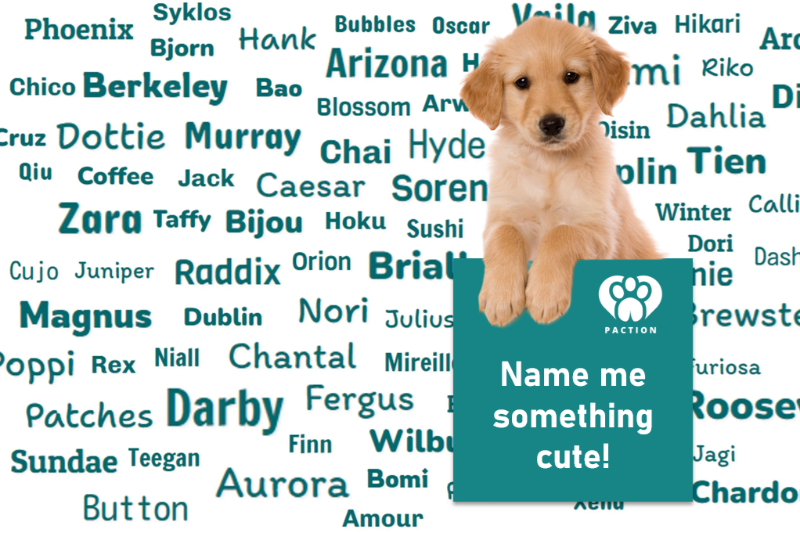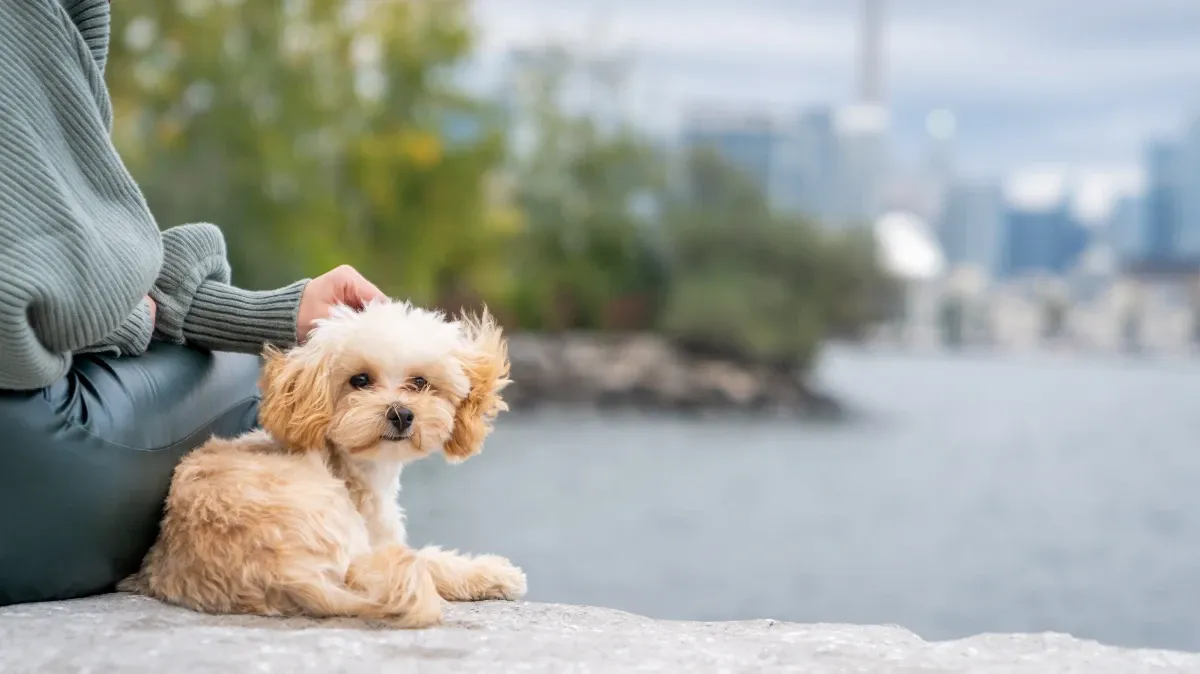Cane Corso
Find Cane Corso Breeders Near You
Connect with certified breeders who have Cane Corso puppies available.
Find Cane Corso BreedersGet to Know Cane Corsos
- Ancient Roman Origins: The Cane Corso is a descendant of the ancient Roman war dogs known as "Canis Pugnax." These dogs were used by the Romans in warfare, particularly for guarding and protecting soldiers and property. After the fall of the Roman Empire, Cane Corsos transitioned into versatile farm dogs, known for their ability to herd cattle, hunt large game, and protect the homestead.
- Guardians by Nature: Cane Corsos are known for their natural guarding instincts. They are incredibly protective of their families and properties, making them excellent guard dogs. Their imposing size, muscular build, and alert nature ensure they can deter intruders and protect their loved ones effectively.
- Highly Intelligent and Trainable: Cane Corsos are highly intelligent dogs that are quick learners. They respond well to consistent training and can excel in obedience, protection, and even agility training. However, they require a firm and experienced owner who can provide clear leadership, as their strong-willed nature can sometimes lead to stubbornness.
- Loyal and Affectionate: Despite their formidable appearance, Cane Corsos are deeply loyal and affectionate with their families. They form strong bonds with their owners. This combination of loyalty and protectiveness makes them excellent family companions.
- Athletic and Energetic: Cane Corsos are large, powerful dogs with a high level of energy. They require regular exercise to stay healthy and happy, including long walks, runs, and playtime. Their athleticism and strength make them well-suited for active families who can meet their exercise needs. Without adequate physical and mental stimulation, Cane Corsos can become bored and potentially destructive, so keeping them engaged is essential.
Breed History
The Cane Corso is an ancient Italian breed that has a history rooted in the Roman Empire. Descended from the Roman Molossian dogs, the Cane Corso was originally bred as a versatile working dog, used for hunting large game like wild boar and as a guardian of livestock and property. The name “Cane Corso” comes from the Latin word Cohors, meaning “guardian” or “protector.” This breed was also known for its role in guarding and protecting the family, showcasing its powerful and loyal nature. After facing a decline in popularity, the Cane Corso was revived in Italy in the late 20th century and has since gained recognition around the world as a formidable working and companion dog.
Personality and Behaviour
- Loyal and Devoted: Cane Corsos are highly loyal to their families and form strong, protective bonds with their owners. Their dedication to their family members makes them exceptional watchdogs and guardians. They are known to be wary of strangers, but with proper socialization, they can learn to distinguish between actual threats and harmless visitors. This loyalty extends to their family members.
- Confident and Independent: Cane Corsos are naturally confident and assertive, traits that make them excellent protectors and working dogs. Their independence can sometimes come off as stubbornness, which is why early training and socialization are vital to ensure they respond to commands reliably. While they are intelligent and can be highly trainable, they need an experienced owner who can provide firm but gentle leadership. This breed thrives in an environment where they understand their role and have a clear structure.
- Intelligent and Trainable: Cane Corsos are intelligent dogs that can excel in training and tasks when motivated properly. They respond well to positive reinforcement, such as treats, praise, and play. Early training should focus on building trust and respect, as their strong-willed nature can make them challenging for first-time owners. They are also highly observant, able to read their owner’s body language and pick up on cues quickly, which makes them adaptable and responsive to training when approached correctly.
Care
- Exercise: Cane Corsos are high-energy dogs that need regular exercise to stay physically and mentally healthy. Daily walks of 1 to 2 hours, combined with play sessions and training, are essential to keep them active and satisfied. This breed also benefits from activities like obedience training, agility, and even tasks that challenge them mentally, such as puzzle toys. Without enough physical and mental stimulation, Cane Corsos may become bored, which can lead to undesirable behaviors like chewing and barking.
- Grooming: The Cane Corso has a short, dense coat that requires minimal grooming. Weekly brushing helps keep their coat healthy and reduces shedding. Although they are moderate shedders, regular brushing can keep loose hair under control and promote skin health. Bathing should be done as needed, typically every few months or when they get particularly dirty. Their ears, skin folds, and teeth should be checked and cleaned regularly to prevent infections and maintain good hygiene.
- Training and Socialization: Training and socialization are essential for a Cane Corso’s well-being. Because they are intelligent and confident, they need a consistent, experienced owner who can provide clear direction and positive reinforcement. Early socialization, involving exposure to different people, animals, and environments, is crucial to help them develop into well-rounded dogs. Without proper socialization, they may become overly protective or wary of new experiences. Training should be firm yet kind, using positive reinforcement methods to ensure that they respond well to commands. Consistent training and mental stimulation help channel their intelligence and energy into positive behaviors.
Cane Corso Summary
What to ask your breeder?
Here's a short summary of what you should be asking your breeder:
Cane Corso Health Testing
| Screening | Considerations |
|---|---|
| Hip Dysplasia | OFA Radiographic Hip Evaluation. PennHIP Evaluation. |
| Elbow Dysplasia | OFA Radiographic Elbow Evaluation |
| Cardiac Evaluation | Standard Congenital Cardiac Exam. Advanced Cardiac Exam. Basic Cardiac Exam. |
| Patellar Luxation | Veterinary Evaluation of Patellar Luxation. |
| Neuronal Ceroid Lipofuscinosis (NCL) | DNA based NCL test results from an approved Lab. |
| Dental Retinal Skeletal Anomaly | DNA based DSR test results from an approved Lab. |
| ACVO Eye Exam | (Optional but recommended) ACVO Eye Examination. |
| Autoimmune thyroiditis | (Optional but recommended) Autoimmune Thyroditis Evaluation from an approved Lab. |
| DNA Repository | (Optional but recommended) Participation in the OFA/CHIC DNA Repository (DNA Bank) |
How Much Does It Cost to Own a Cane Corso Per Year?
Determining the cost of owning a Cane Corso is essential for responsible dog ownership. Use our calculator to estimate expenses, including food, grooming, veterinary care, and more.
The Ultimate Dog Cost Calculator
 Calculate Now
Calculate Now

